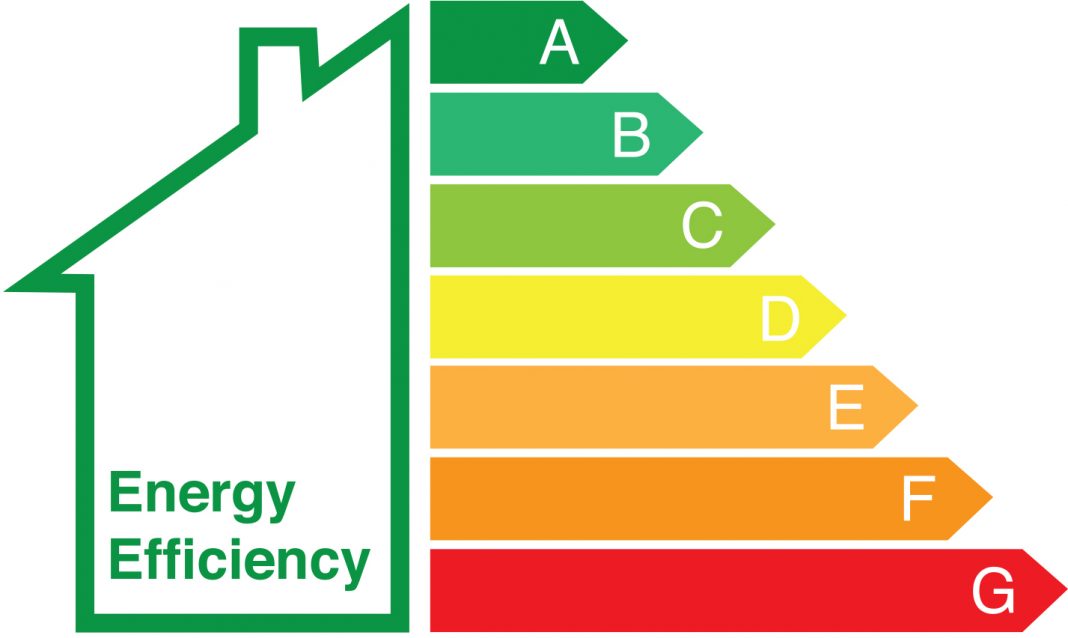Many landlords have dropped plans to improve the energy efficiency of their homes following the U-turn by Prime Minister Rishi Sunak.
In September Sunak scrapped plans aimed at forcing landlords to upgrade the energy efficiency of their properties. Although it had not officially become law, for years landlords have feared proposals to compel them to upgrade their rental properties to achieve an EPC rating of C or above by 2028, and in some cases earlier.
Now a survey by Landbay suggested that fewer landlords plan to make energy efficiency improvements.
Before the EPC minimum requirement was scrapped, some 73% of landlords intended to bring a property up to a C rating. Of these, 39% would have waited until nearer the proposed 2028 deadline and a similar proportion planned to make improvements sooner.
Now, only 62% of those with a lower rated property intend to upgrade to a C rating while it is not a legal requirement. Some 42% of these will make changes at some point in the future and just 20% intend to upgrade as soon as possible. A quarter will only make changes if legislation requires them to in the future, and 13% have abandoned all plans on this front.
Unsurprisingly Landbay found that three-quarters of landlords backed Sunak’s U-turn; a quarter were opposed to the change.
Rob Stanton, business development director at Landbay, says “we applaud the sentiment around trying to improve the energy efficiency of buildings, but we also need to be realistic. The UK has a vast amount of older housing that is difficult to retrofit and will be expensive. Over half of rental properties in the UK are D rated or lower so landlords now have some breathing space to plan without a looming deadline.”
Big public switch to more energy-efficient homes, claims developer
A house building firm claims more people want to move to increasingly energy-efficient homes.
A survey by Redrow shows that 26% of existing homeowners would like to move to a more energy efficient home in order to make savings on their bills.
Meanwhile 58% of homeowners admit they’re more worried about escalating energy bills than they were last year, with younger examples (18 to 34 year olds) being twice as likely to consider moving to a more energy efficient home than their older counterparts and 67% say it’s more important to live in an energy efficient home now than just a year ago, with 31% claiming a low EPC rating is one of their biggest frustrations with their current house.
Believing their house is too old to be energy efficient (29 per cent of respondents) continues to be a hurdle stopping homeowners from updating older properties.
Precisely a third say they would prefer to move into an energy efficient home, rather than trying to retrofit their current home with energy efficient features. When the time comes to move, nearly two fifths say they would opt for a new build specifically due to its energy efficient features.
In addition, 21% say they are more likely to consider installing a heat pump than they were a year ago. However, only 14% of homeowners are looking to install solar PV panels. Double glazing (76%), loft insulation (68%) and energy efficient lighting such as LED (50%) are the efficient features that are most commonly installed or looking to be installed by renovators.
James Holmear, a Redrow director, says “these new figures clearly show that people’s concerns about energy have not gone away this year and in fact for many Britons, they are more pressing than ever. It’s no surprise therefore to see so many people considering a new home with the average new build homeowner already saving £135 a month on energy bills. The number of people visiting our developments with energy efficient features at the top of their priority list has increased, and we’ve launched our EPC calculator tool across all our customer experience suites.”

